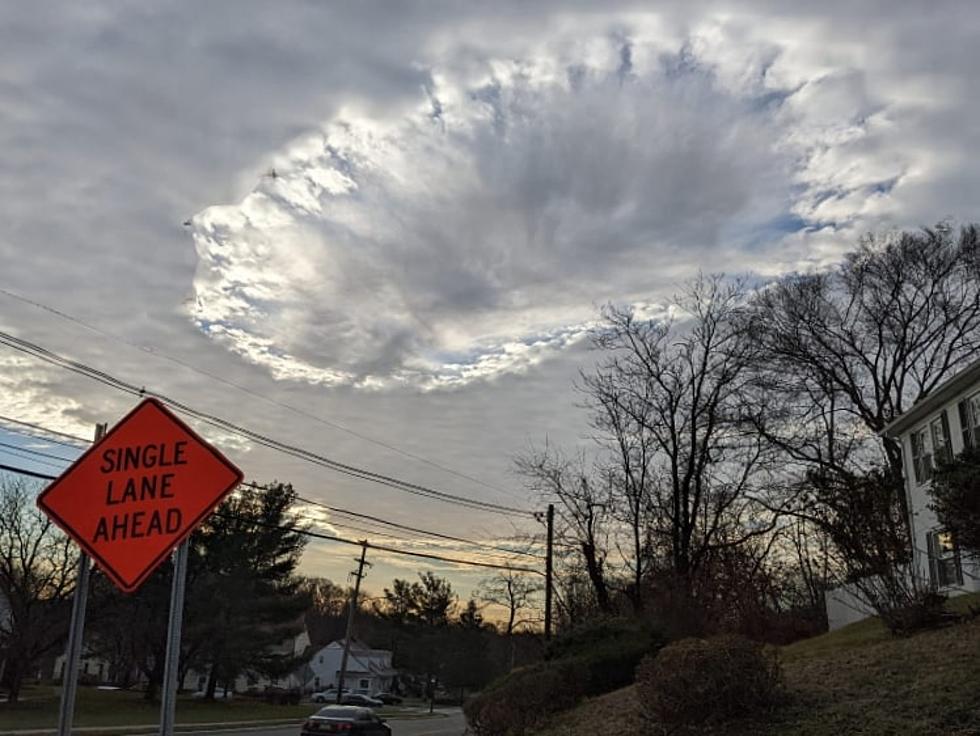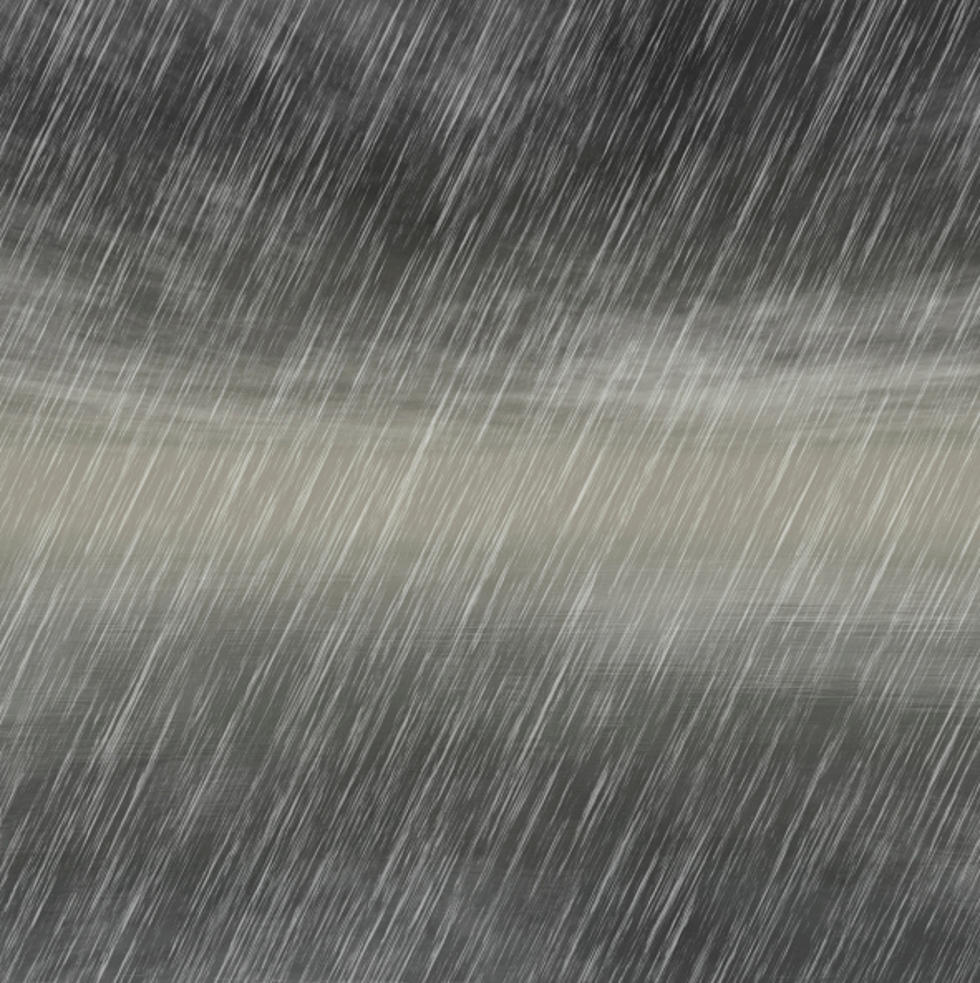
Frightening Map Shows Large Part of New Jersey Underwater by 2050
We have heard how climate change will cause rising water levels for years.
A new map released shows a densely populated area of New Jersey expected to be underwater by the year 2050.

Even though climate change is a much-debated topic, some facts just can't be ignored.
According to Climate Central, high-tide flooding is now 300% to more than 900% more frequent than it was 50 years ago.
This is being blamed on global warming which is causing the sea level to rise.
Climate Central says this is due to melting glaciers and ice sheets from all over the world.
The volume of the ocean is also expanding as the water warms.
The EPA reports:
Evidence suggests sea level along the U.S. coastline will rise 10 to 12 inches by 2050—as much as the rise measured from 1920 to 2020.<a href="https://www.epa.gov/climate-indicators/climate-change-indicators-sea-level#ref1"><sup>1</sup></a> (The 10 to 12 inches are an average: differences in both land and ocean height mean the rise will vary regionally along U.S. coasts.)
Personally speaking, it's hard to look at all of this data from reputable sources and not come to the conclusion that something isn't going on.
Climate Central released maps of several major coastal cities in the U.S. in the year 2050.
Areas in red are predicted to be underwater by 2050 unless we can reverse course in a major way and quickly.
A map of southern Florida shows towns in the southwestern portions of the Sunshine State such as Naples and Marco Island flooded. This includes the Keys.
Everglades National Park in the far southern region of the state which is home to so many species of animals, would be almost entirely engulfed by the water.
New York and New Jersey aren't looking much better.
Climate Central believes that areas of The Garden State in red could very well be below sea level by 2050.
This includes MetLife Stadium and American Dream.
25 costliest hurricanes of all time
More From 94.3 The Point









